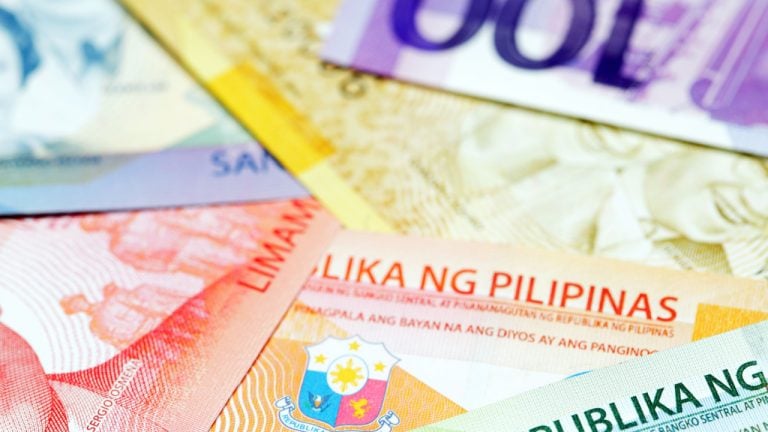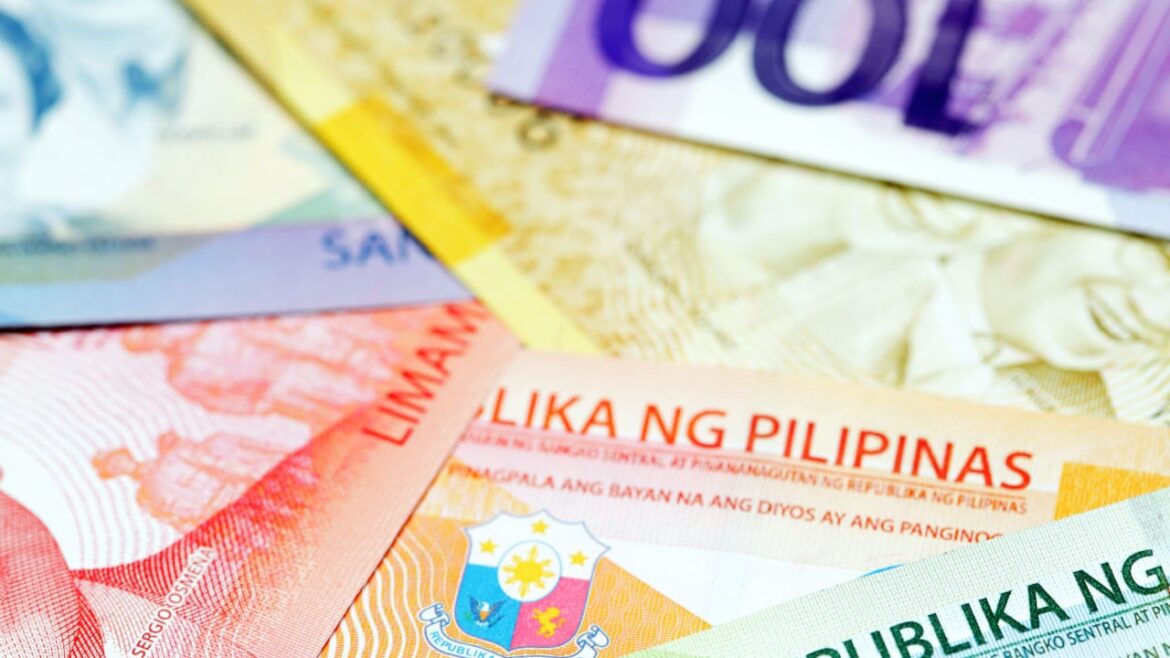 The Central Bank of the Philippines will develop a central bank digital currency (CBDC) in the next two years, according to Governor Eli Remolona Jr. The still unnamed CBDC will focus on the wholesale market and won’t use blockchain tech, instead relying on the Philippine Payment and Settlement System, owned and operated by the central […]
The Central Bank of the Philippines will develop a central bank digital currency (CBDC) in the next two years, according to Governor Eli Remolona Jr. The still unnamed CBDC will focus on the wholesale market and won’t use blockchain tech, instead relying on the Philippine Payment and Settlement System, owned and operated by the central […]
Source link
Philippines
Philippines’ state-owned Development Bank of the Philippines and Land Bank of the Philippines serve as the issue managers for the tokenized treasury bonds.
The Philippines aims to boost its domestic debt market by introducing tokenized treasury bonds, with an initial offering of at least 10 billion pesos ($179 million). This marks the country’s first foray into the issuance of tokenized bonds. However, the government retains flexibility in adjusting the issue size.
The move aligns with the broader trend in Asia, where blockchain and tokenized securities are gaining traction for fundraising. Hong Kong set a precedent in February with a successful offering of HK$800 million in tokenized green bonds, leveraging distributed ledger technology (DLT) to enhance liquidity and transparency in debt markets.
Both state-owned, the Development Bank of the Philippines and Land Bank of the Philippines serve as the issue managers. Deputy Treasurer Erwin Sta. Ana expressed the intent to explore tokenized bonds further, stating, “We will continue to study the technology and test its limits.”
The Bureau of the Treasury plans to issue tokenized bonds due in November 2024, with a minimum denomination of 10 million pesos for institutional buyers. The final interest rate will be determined through book-building, and the announcement is scheduled for November 20.
Asian Countries Embrace Asset Tokenization
Singapore recently initiated real-world asset tokenization pilots in collaboration with JPMorgan, DBS Bank, BNY Mellon, and investment firm Apollo. The United Arab Emirates, in partnership with HSBC, is also working on the tokenization of bonds.
This reflects a broader trend of governments globally exploring blockchain-based real-world asset tokenization. Israel’s Tel Aviv stock exchange joined this movement, completing a proof-of-concept for tokenizing fiat and government bonds. The surge in interest is notably fueled by financial giants such as JPMorgan and HSBC, signifying the increasing popularity of this technology.
In a recent development, HSBC Holdings (LSE: HSBA) is gearing up to introduce a digital assets custody service in collaboration with Ripple Labs’ subsidiary Metaco. Targeted at institutional clients, the service will provide custody for tokenized securities and also has a scheduled launch next year. This offering will complement HSBC’s existing Orion digital assets issuance platform and its recently unveiled gold tokenization platform, creating a comprehensive digital asset solution tailored for institutional clients.
Digital asset management firm 21.co forecasts that the market for tokenized assets may expand to reach up to $10 trillion in the coming decade. This projection is over the ongoing adoption of blockchain technology by traditional financial institutions (TradFi).
next
Business News, Market News, News
You have successfully joined our subscriber list.
My wife and I want to retire to the Philippines. How much do we need to do it?
Dear Quentin,
I am a 49-year-old married man. My wife and I have no children, live in Maryland and have $75,000 in liquid savings. I’m thinking of putting $50,000 into a one-year CD at 4.5%, but my wife keeps telling me to wait and see how my job goes. We have $90,000 in a 403(b) retirement plan, $280,000 in our portfolio (80/20 stocks/bonds), $18,000 in a traditional IRA and $10,000 in an emergency fund. We own three vehicles, which are all paid off.
I…
Philippines Blockchain Council exec sees crypto adoption ‘snowballing’
The Philippines has all the ingredients for mainstream crypto and blockchain adoption, according to Donald Lim, the founder of the Blockchain Council of the Philippines (BCP).
In an interview with Cointelegraph, Lim shared his thoughts on the country’s potential for crypto adoption and explained why he believes blockchain projects can potentially succeed within the country.

Lim told Cointelegraph that as the BCP recognized that the world was moving toward Web3, it organized an event called the Philippine Blockchain Week and found that there’s an entire ecosystem in the country looking to “find their place in the world.” He explained:
“We feel very strongly that we can be the blockchain capital of Asia. We realized that we have the technical know-how, we’re very young, we have a 25-year median age, and in terms of adoption, we can adapt fast, like what happened with Axie Infinity.”
In 2021, play-to-earn (P2E) blockchain game Axie Infinity became popular in the Philippines. Estimates showed that 40% of the game’s player base came from the developing nation. According to Lim, this introduced a lot of Web3 concepts into the country, such as the creation of crypto wallets.
Related: Axie Infinity player buys two houses in the Philippines from in-game profits
Since then, the BCP executive said there’s been a lot of interest from global players to set up their projects in the country. “We saw that around the world, there are a lot of the international organizations that have been wanting to penetrate the Philippines,” he said.
According to Lim, these organizations could flourish in the country, not just because of the demographics, but also because of the government’s stance on crypto and blockchain. He explained:
“We have an open government, I would say. We don’t have a government that’s been wanting to shut us down. And therefore, we feel that any blockchain project or Web3 project has all the opportunity to flourish in the country.”
On June 8, Cointelegraph spoke with Ethan Rose, founder of Pouch — a wallet service that supports the Bitcoin Lightning Network in the Philippines. According to Rose, it has managed to onboard over 400 businesses in the country to accept Bitcoin (BTC) payments.
Despite the recent onboarding of Filipino merchants into Bitcoin and crypto, Lim believes the possibility of living in the Philippines using only Bitcoin or crypto is still a long way off.
“I don’t think realistically that would happen anytime soon […], but crypto will always be an option,” he said. However, the executive also believes that “it’s only a matter of time before all of these snowballs and into become something bigger.”
The executive stressed that this could happen four or five years down the line once the entire infrastructure matures. This means that crypto will not only be used for payments, but also for buying nonfungible tokens, going into the metaverse and other activities.
Collect this article as an NFT to preserve this moment in history and show your support for independent journalism in the crypto space.
Magazine: Crypto in the Philippines: Necessity is the mother of adoption




